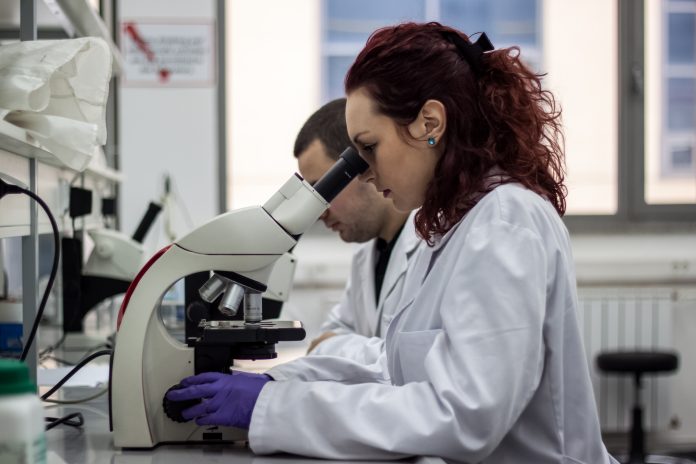The new results led to the South African Government suspending use of AstraZeneca in their vaccination programme, as it is no longer able to stop the mutation – but could still prevent hospitalisation and fatality
On Sunday, South African scientists said that the vaccine was unable to stop people being re-infected by the local mutation, B1531. In the light of this news, the Government decided to stop using AstraZeneca vaccines.
A small study of 2,000 volunteers in South Africa found that the vaccine was not effective at stopping transmission of the mutation and contraction of a mild, moderate form of COVID-19.
Will this impact the UK vaccination timetable?
Writing in the Telegraph, Vaccines minister Nadhim Zahawi said: “While it is right and necessary to prepare for the deployment of an updated vaccine, we can take confidence from the current rollout and the protection it will provide all of us against this terrible disease.
“We need to be aware that even where a vaccine has reduced efficacy in preventing infection there may still be good efficacy against severe disease, hospitalisation, and death.”
South African officials stated that they would reconsider the vaccine after more data became available from the ongoing trial. Since results are coming from relatively young participants, with an average age of 31, it is currently difficult to understand if the vaccine will prevent serious harm.
Novavax has a confirmed efficiency of 60% against the South African mutation.
Oxford and AstraZeneca clinical trial leader Andrew Pollard said: “This study confirms that the pandemic coronavirus will find ways to continue to spread in vaccinated populations.”
Currently there are 147 confirmed cases of the South African mutation in the UK, meaning that the situation appears to be relatively contained. This is good news for the UK vaccine rollout – as the nation approaches the 15 February deadline to vaccinate their most vulnerable groups.
Unfortunately, the country is still accepting flights from mutation hotspots, until the new hotel quarantine scheme is rolled in on the same date.
What about the South African people?
While several countries are courting booster shots to keep the protection offered by vaccines ahead of ongoing mutations, some countries are yet to begin a cohesive rollout of vaccination.
South Africa has currently experienced over 46,000 COVID deaths.
The South African vaccination scheme has been largely impossible, due to the existence of complex intellectual property laws in a global context and the situation of healthcare infrastructure. The push to gain access to the vaccine is being led by individuals who were involved in the civil rights struggle of apartheid and the devastation of AIDS.
In a statement to the Government by C19, a coalition of several organisations advocating for equal vaccine access, the financial problems are outlined: “The scale of the national vaccine roll-out programme will require a long overdue injection of billions of Rands into our public health system. Vaccine supplies have to be located, accessed and bought, additional nurses and other HCWs employed, equipment and storage facilities arranged or bought, and domestic and regional capabilities harnessed.
“Yet, the current budget framework envisages cutting the public health allocation by R10 billion (4.4%) in real terms over the next three years. In its February 2020 budget, the National Treasury already cut R3.4 billion in real terms from Public Health compared to the 2019 budget, just when the COVID-19 pandemic emerged here.”











